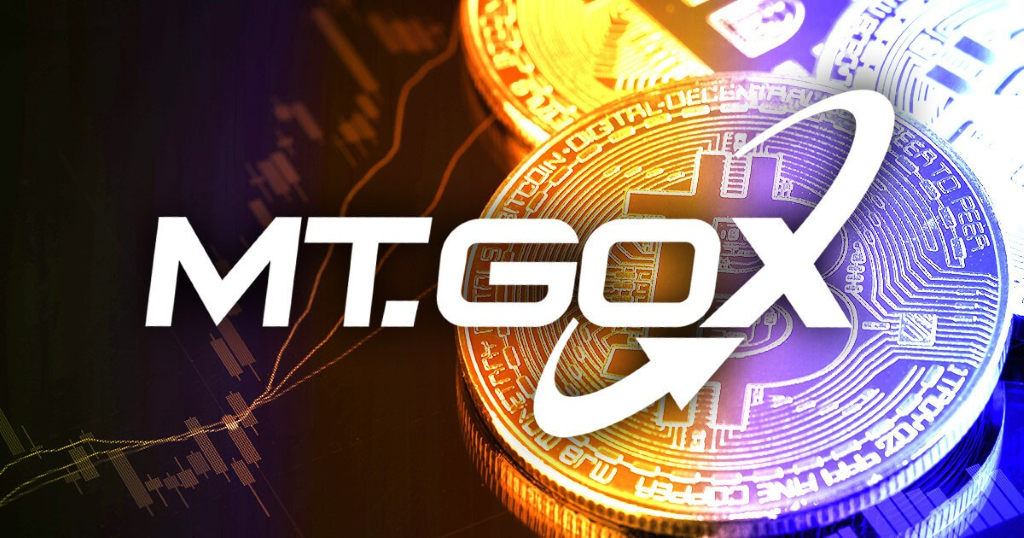Mt. Gox was a Bitcoin exchange that became infamous for its bankruptcy in 2014, resulting in the loss of over 850,000 BTC, worth over $450 million at the time.
The bankruptcy proceedings have been ongoing for several years, with the creditors waiting for their share of the recovered assets.
The recent news that the biggest creditor of Mt. Gox has decided not to sell the returned Bitcoin (BTC) has sparked interest in the cryptocurrency community.

Why Did the Biggest Creditor of Mt. Gox Decide Not to Sell the Returned Bitcoin (BTC)?
According to an anonymous source familiar with the Mt Gox Investment Fund’s activities told Bloomberg, the entity has chosen to hold onto the digital assets scheduled to be returned in October, rather than waiting for the completion of all litigation related to Mt. Gox’s collapse.
This decision was made as part of an arrangement in which the fund is set to receive an early payout of 90% of what can be collected, consisting of approximately 70% Bitcoin (BTC) and 30% cash.
According to reports, the decision not to sell the returned Bitcoin (BTC) was made because the creditor believes that the long-term value of Bitcoin (BTC) is greater than the current market value. This decision is based on the fact that Bitcoin (BTC) has been increasing in value over the years, and the creditor believes that this trend will continue in the future.
The Significance of the Creditor’s Decision:
The Japanese trustee currently holds BTC 141,686 worth approximately $3.06 billion, which has led to concerns among industry experts about the potential for a major sell-off in the crypto market. However, recent reports suggest that the fund may have made a decision that could prevent this scenario from occurring.
The decision of the largest creditor to hold onto the returned Bitcoins has several implications for the market. Firstly, it has averted a possible market crash that could have resulted from the massive selling pressure.
Secondly, it has strengthened the market’s confidence in Bitcoin, as the creditor’s decision indicates a belief in the long-term prospects of the digital asset. Finally, the decision has provided stability to the market, giving traders and investors a sense of assurance.
The Future of Mt. Gox:
The trustee of the Mt. Gox exchange has been selling the returned Bitcoins to repay the creditors. However, with the largest creditor holding onto the Bitcoin, the selling process could be slowed down, prolonging the repayment period.
Furthermore, the decision of the largest creditor could inspire other creditors to hold onto their returned Bitcoins, resulting in a further slowdown in the repayment process. However, the decision could also lead to a positive outcome, as it could reduce the selling pressure and allow for a more orderly market.
The Verdict:
In conclusion, the decision of Mt. Gox’s biggest creditor not to sell the returned Bitcoin (BTC) has generated interest in the cryptocurrency community. The decision is based on the belief that the long-term value of Bitcoin (BTC) is greater than the current market value.
The decision may have implications for the other creditors of Mt. Gox and the cryptocurrency market as a whole. If you are interested in the cryptocurrency market and the latest news, make sure to follow our blog for more updates.
